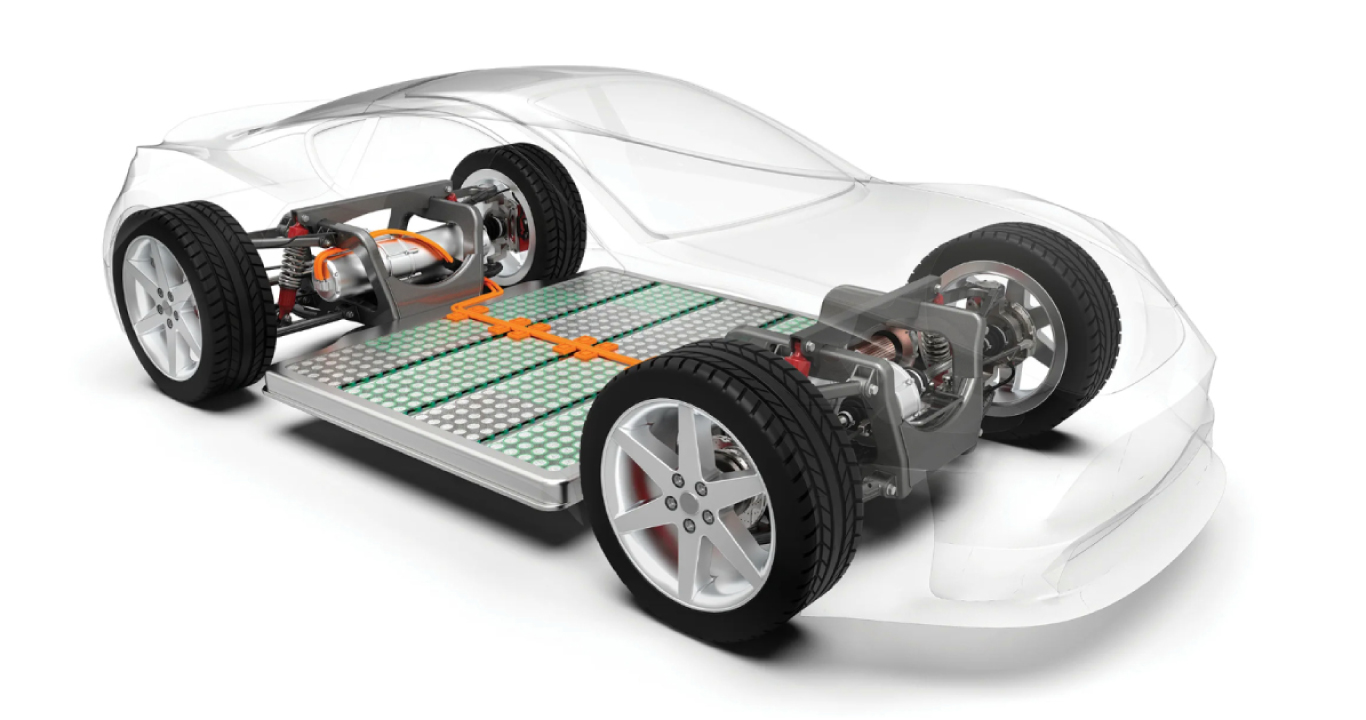Most of the technology-driven equipment in use today rely on DC power supply. A malfunctioning DC power supply can cause equipment failure and harm humans. Today’s equipment can be put to optimal use only if each parameter of the power supply functions properly.
Factors contributing to DC Power Supply Reliability
Source AC power supply from the grid is not reliable with deviations in parameters such as frequency, RMS, peak value, effective value and cycle each causing harm to equipment. Regulated DC power supply ensures elimination of noise from this supply. The grid power supply needs to be converted to DC power before being fed to the equipment. Reliability of the DC power is achieved by ensuring the following:
Voltage stability
The output voltage from the power supply to the sensitive electronic equipment must be stable to avoid damages, ensure zero malfunctioning, reduce downtime and minimise maintenance.
Ripple and noise
The ripple and noise of DC power supplies can hamper the operation of electronic devices by causing them to perform unreliably. These need to be minimised for a good quality DC power supply.
Efficiency
Inefficient DC power supplies generate excessive heat causing failure of electronic components. Energy consumption is increased affecting operating costs.
Power quality
Poor quality DC power causes equipment malfunction and failure with resultant downtime which in turn increases maintenance costs.
Environmental factors
DC power supply must be protected from extreme temperature, humidity and vibration to avoid power supply failure leading to downtime and increased maintenance.
Reliable systems can only be ensured by proper application-specific designing and testing of the DC power supply. Maintenance and monitoring at regular intervals help to identify issues before they actually occur.
DC Power Supply Testing
Testing DC power supply ahead of time ensures the supply meets the application-specific specifications and standards. Here are some of the ways in which DC power supply testing contributes to quality assurance:
Verification of specifications
During DC power supply testing, it is ensured that the power supply is as per the application’s voltage and current specifications. This will ensure proper functioning of the equipment and power supply in sync.
Evaluation of performance
Rigorous testing of DC power supply by varying load conditions, changing temperature and checking performance under fluctuating voltage conditions identifies potential issues and ensures reliability of the power supply.
Identification of defects

Defective power supplies failing to deliver reliability are identified in advance before shipment to customers and are sent back for repair.
Compliance with safety standards
The power supply should not cause electric shock, electromagnetic interference and should definitely not be the cause of any fire hazard.
Quality control

With so much at stake, DC power supply testing is essential as it ensures that the power supply meets the required quality standards. This leads to reliable performance and meeting customer expectations.
Overall, DC power supply testing is a critical factor in quality assurance as it verifies the power supply meets the required specifications, performs reliably, and is safe to use. This helps shipment of only high-quality products to meet the high expectations from today’s customers.
MELSS brings you a wide range of world-class testing equipment from Chroma to carry out the various tests.





